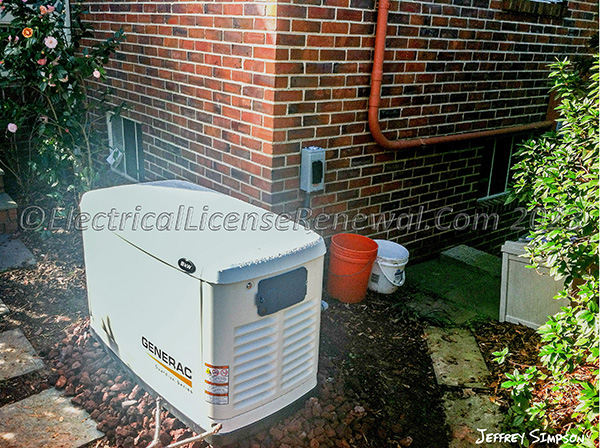OESC 702.4 Capacity and Rating.

When it comes to optional standby systems, the NEC® is clear that if using an automatic transfer switch, the standby system must be either capable of supplying the full load or there must be a load management system for the standby system.
This language has been amended in Oregon and now reads as follows:
702.4(A) System Capacity.
(1) Manual and Nonautomatic Load Connection. If the connection of load is manual or nonautomatic, an optional standby system shall have adequate capacity and rating for the supply of all equipment intended to be operated at one time. The user of the optional standby system shall be permitted to select the load connected to the system.
(2) Automatic Load Connection. If the connection of load is automatic, an optional standby system shall comply with 702.4(A)(2)(a) or (A)(2)(b) in accordance with Parts I through IV of Article 220 or by another approved method.
(a) Full Load. The standby source shall be capable of supplying the full load that is automatically connected.
(b) Energy Management System (EMS). Where a system is employed in accordance with 750.30 that will automatically manage the connected load, the standby source shall have a capacity sufficient to supply the maximum load that will be connected by the EMS.
Exception: In one- and two-family dwellings manual management of the connected load shall be permitted.
Oregon amendments to the 2023 NEC® are located in “Table 1-E” of the Oregon Electrical Specialty Code (OESC) which can be seen using the following link or the OESC PDF file located near the bottom of the screen: 2023 OESC